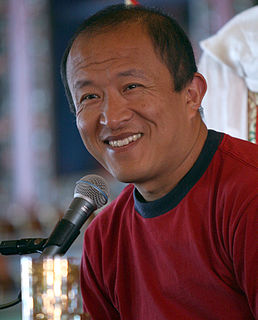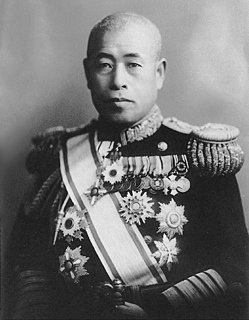A Quote by Jane Lindskold
There is no shame in strategic retreat if it lets you remain strong enough to go after the enemy later.
Related Quotes
The person who lets them get you down, any kind of problem, is the person that fades out. So you've got to be strong enough; you don't like it, but you've got to be strong enough to accept what's going on and that you're going to fight it or whatever it takes to overcome this matter. That's the way I feel.
And the stigma hasn't really changed that much in 31 years. You are still getting people - it's a shame-based disease. It's based on sexual transmission. And it's still shame-based. And until people feel strong enough and feel loved enough to actually open up and say, listen, I'm HIV-positive, then we are facing an uphill battle.
Since the advent of the atomic bomb, the United States has always needed two kinds of enemies. On one level, it has needed a tactical enemy that it can go out and fight in the field in a shooting war. Since 1945, these enemies have been created and appeared as North Korea, North Vietnam, Grenada, El Salvador, Panama, Iraq and now Colombia. On another level, however, the US needs a strategic enemy that will justify outrageous expenditures of capital for strategic weapon systems like ICBMs, Trident submarines and "Star Wars" missile defence systems.
A military man can scarcely pride himself on having 'smitten a sleeping enemy'; it is more a matter of shame, simply, for the one smitten. I would rather you made your appraisal after seeing what the enemy does, since it is certain that, angered and outraged, he will soon launch a determined counterattack.
When the enemy's envoy's speak in humble terms, but continues his preparations, he will advance. When their language is deceptive but the enemy pretentiously advances, he will retreat. When the envoys speak in apologetic terms, he wishes a respite. When without a previous understanding the enemy asks for a truce, he is plotting. When the enemy sees an advantage but does not advance to seize it, he is fatigued.
I think a way to behave is to think not in terms of representative government, not in terms of voting, not in terms of electoral politics, but thinking in terms of organizing social movements, organizing in the work place, organizing in the neighborhood, organizing collectives that can become strong enough to eventually take over - first to become strong enough to resist what has been done to them by authority, and second, later, to become strong enough to actually take over the institutions.





































